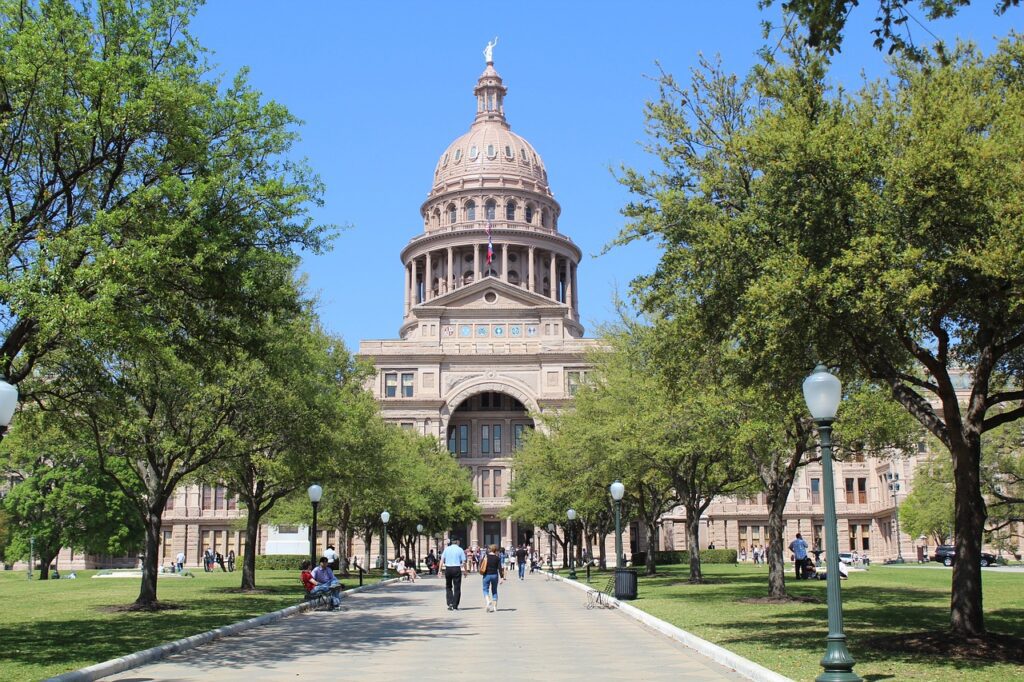In addition to the brief periods of reflection I engage in on a daily and weekly basis, I try my best to take some significant time at least a couple times of year to look back over the previous months – sometimes beyond – and reflect more deeply on what I have learned. I think this sort of personal after action review is an important practice for many reasons, but here are a few key ones:
- We know that learning requires repeated exposure. One shot rarely does the trick.
- We know that learning is strengthened if we are able to connect it into our lives – and going back to think through how we have – or might have – applied some of our learning helps greatly with this process
- Looking back is essential for looking forward. While you don’t want to live in the past, it is helpful to have a sense of what you have accomplished, to identify patterns, to figure out what it makes sense to build upon – or possibly to change or eliminate.
While there is not single best way to engage in review and reflection, here’s a high level process, grounded in research, that I thought readers here might find helpful:
Step 1
If you are able to review all aspects of your life, great. But if that simply isn’t realistic, determine categories of your life you really want to focus on. These might include, for example
- your travels
- your reading
- your relationships
- your professional development and education activities
Or, you may just want to think in terms of major events or accomplishments of the year.
Ideally, engage in this whole process of review in a setting you find pleasant – perhaps even on a learning walk. And, in general, do as much as you can, but don’t make this an overwhelming task – that will make it difficult to get through – when it can, in fact, be very enjoyable – and it may discourage you from future reflection.
Step 2
Before you review any notes or other records you keep, work from memory. For whatever categories you choose to cover, identify the key events and activities in those areas. Ask yourself:
- Why did I choose to pursue them? Or, if they happened by chance, what circumstances led up to them?
- What were the most important things I learned? How did what I learned build on what I already knew?
- What would I change about the experience? Why?
- Did I apply any of what I learned? How? If not, why not – and how might I going forward?
- How might I build on what I learned?
There are other questions you can ask, of course – but these are good ones for getting you started (and feel free to trim and change the list to fit your own needs).
Here’s an important related point: write down what you remember and your responses to the questions above.
Doing all of this is a form of effortful retrieval. You are, in essence, testing yourself to see what you really learned – an approach that research has shown is much more effective than simply reviewing your notes.
Writing helps to reinforce this process, and answering the types of questions posed above contributes to elaboration – the process of connecting learning to what you already know and applying it.
Step 3
Now, go back to any notes or records you have kept and review them. Keep the same questions in mind and add to what you have already written.
Personally, I jot notes down in a Moleskin notebook as well as in Evernote throughout the year, so these are my sources for review. If you would like tips for other sources, be sure to check out Leo’s post on reflection over at Zen Habits.
When you are done with the three steps, make sure you file away what you have written in a place where you can find it easily and review it. When you go through this same process next year, looking over the previous year’s notes can greatly enrich the overall process. (And I even recommend these notes out a couple of times during the year to look back over them, reflect a bit more, and further cement your learning.)
Finally, all of this review and reflection sets you up well for thinking about about the coming year – whether than means truly setting goals, or simply establishing an overall trajectory. More on those topics later.
Do you set aside time at least once annually to review and reflect? More often? What’s your process? Please comment and share with other readers. Also, if you would like periodic material – including reflection questions – to help you boost your lifelong learning efforts, be sure to sign up for my newsletter.
Jeff
P.S. – I’m grateful to Leo Babauta at Zen Habits for waking me up to the value of reflection a while back – well before I dove into more formal research on the topic. If you are interested in some of the research behind this post, you may want to check out these other Mission to Learn posts:
- 5 Powerful Lifelong Learning Strategies for Your Toolbox
- 5 Lifelong Learning Power Tips for the Serious Learner





